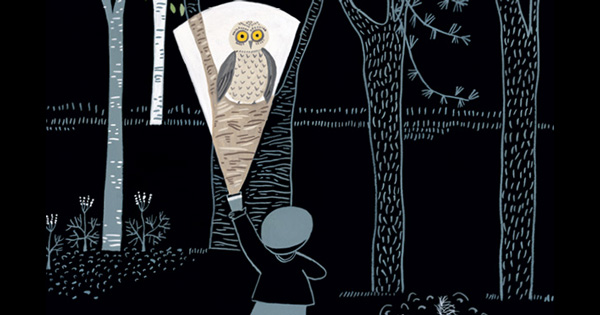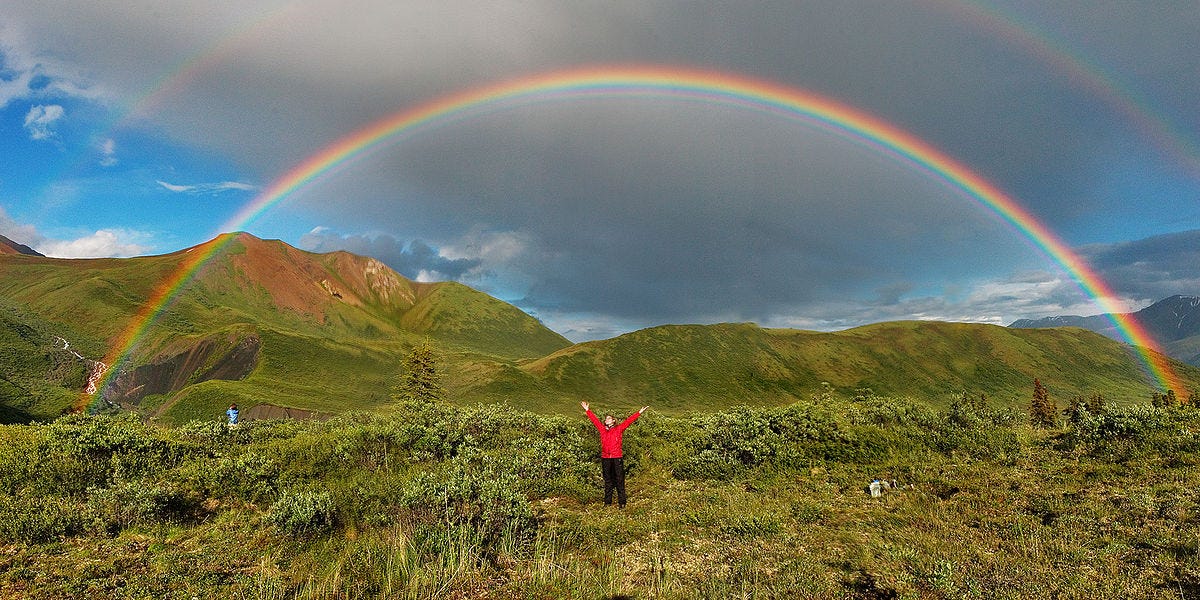curiosity
"Curiosity can empower you or impede you. Being curious and focused is a powerful combination. I define this combination as unleashing your curiosity within the domain of a particular task: asking questions about how things work, exploring different lines of attack for solving the problem, reading ideas from outside domains while always looking for
... See more
What results is a national education system that deepens the economic class divide and makes curiosity available to those who have position, wealth, and the luxury of time without the burden of labor.
Seth Goldenberg • Radical Curiosity: Questioning Commonly Held Beliefs to Imagine Flourishing Futures
Knowledge can no longer be thought of as a destination, a fixed point, or a static state. Curiosity is a verb for living rather than a noun to hold. In this conception of learning we may not seek instructors of knowledge as much as guides to experiences.
Seth Goldenberg • Radical Curiosity: Questioning Commonly Held Beliefs to Imagine Flourishing Futures

Learning and humility are kissing cousins. Humility is a celebration of the awareness that you are a part of something much greater than yourself. Holding this form of humility as a present sensibility calibrates an engagement with the world as interconnected. Through humility, we see ourselves in relationship to other forces. An ecology of
... See moreSeth Goldenberg • Radical Curiosity: Questioning Commonly Held Beliefs to Imagine Flourishing Futures
Pioneering Biochemist Erwin Chargaff on the Poetics of Curiosity, the Crucial Difference Between Understanding and Explanation, and What Makes a Scientist
Maria Popovathemarginalian.org
